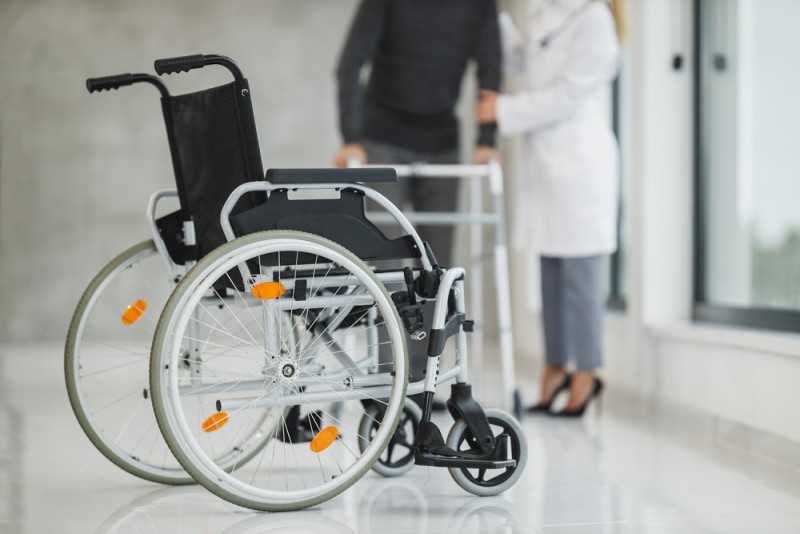Prema Thekkek, owner of Paksn Inc., the parent company of the nursing facilities, admitted to violating the U.S. Anti‑Kickback Statute, which prohibits offering payment for medical referrals or services provided by Medicare, the U.S. federal health insurance program.
From 2009 to 2021, California-based nursing homes Kayal Inc., Nadhi Inc., Oakrheem Inc., Bayview Care Inc., Aakash Inc., and Nasaky Inc., paid kickbacks to physicians so that they would refer patients needing round-the-clock care to their doors.
“The administrators and beneficiaries of the Medicare Program expect that providers will make decisions based on sound medical judgment, not their personal self-interest,” said U.S. Attorney Martin Estrada for the Central District of California.
According to authorities, Thekkek’s nursing homes conspired to pay physicians in proportion to the number of expected referrals provided, and fired doctors who could not or would not keep up with the required quota.
In one instance, a Paksn employee reported to Thekkek that the company had hired two physicians because they could promise “at least 10 patients for $2,000 per month.”
“Good job. Make sure they give you patients everyday,” Thekkek replied.
On another occasion, another employee informed Thekkek that while her nursing homes had been paying a certain doctor $1,500 every month, he had only referred two patients to them. “So we didn’t pay him anything from January onwards,” the employee said.
Thekkek’s business model appears to have depended on its corruption of the U.S. healthcare industry. She stipulated to her workers that if they didn’t bribe medical doctors every month, then they wouldn’t receive referrals from them, the U.S. Department of Justice said.
Prosecutors said bribing doctors jeopardizes patient well-being and defrauds taxpayers.
“Kickbacks can impair the independence of physician decision-making and waste taxpayer dollars,” said Principal Deputy Assistant Attorney General Brian M. Boynton, head of the Justice Department’s Civil Division. “The department is committed to preventing illegal financial relationships that undermine the integrity of our public health care programs.”
Under the terms of the settlement, in addition to the $45.6 million penalty, the conspirators agreed to make scheduled payments of at least $385,000 to the government over the next five years.
This payment schedule was determined based on the defendants’ lack of ability to pay what they owed all at once, the DOJ said. Percentages of Thekkek’s income will be garnished until her debt to society is paid. That means the government will seize 50 percent of every dollar of income between $52,000 to $104,000, and 25 percent for every dollar beyond $104,000.
The settlement stipulates that Thekkek will not have to forfeit her home; jewelry, artwork or heirlooms; her own Social Security benefits; or certain other assets, such as her BMW and Mercedes.
If she sells real estate other than her home, however, she is to turn over 100 percent of the proceeds to the government after debts are settled. If she does sell her home, she has six months to buy something for the same or a lesser price, while the government can confiscate any surplus funds.



